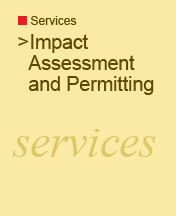|
Environmental and Social Impact Assessments
Environmental and Social Impact Assessments (ESIA) are today a central aspect of project planning / permitting / funding. This may involve a variety of permitting procedures, ranging from comprehensive impact studies compatible with Multilateral Financial Institution guidelines, to simplified procedures in the case of limited impact projects.
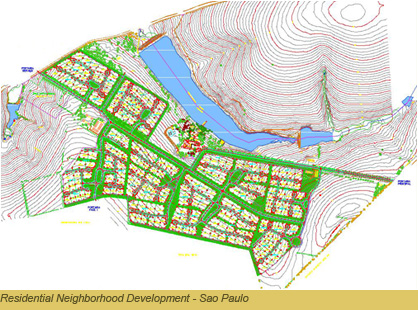
Over the past 10 years, JGP has been involved with some of the most complex and challenging impact assessments in Brazil. This has included several major transportation and energy projects. Impact assessments on the Western and Southern Segments of São Paulo´s Metropolitan Beltway as well as on the Imigrantes Highway Duplication deserve highlighting in this context (see Landmark Projects).
JGP´s experience on ESIA in Brazil includes over 30 EIA/RIMA studies, as well as over 100 RAP / RAS / RCA studies on limited impact projects.
JGP´s approach to environmental and social impact assessment includes direct involvement with project planning and engineering. As possible, JGP will interact with project engineers, discussing alternative locations, alignments and layouts, as they affect environmental and social impacts.
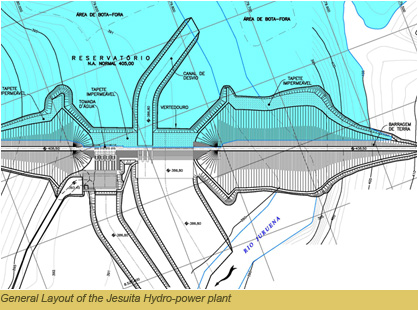
Appropriate consultation is also a central aspect of JGP’s approach. This will not be limited to legally required Public Hearings and will include formal and informal consultation with key stakeholders during ESIA development.
Management of Permitting Procedures
Complex projects usually involve multiple permitting procedures. Further to environmental authorities, agencies responsible for cultural property protection, water management and supply of project utilities are usually involved, as well as municipal governments.
Management of permitting procedures requires detailed planning and process modeling in order to identify critical paths and ensure that the permitting process is concluded as fast as possible.
 JGP has managed permitting on several complex projects. This has included coordination with project engineers in order to ensure that the necessary level of engineering detail is available as required. On linear infrastructure projects, staged permitting strategies have been pursued, enabling early construction start-ups on less critical segments. JGP has managed permitting on several complex projects. This has included coordination with project engineers in order to ensure that the necessary level of engineering detail is available as required. On linear infrastructure projects, staged permitting strategies have been pursued, enabling early construction start-ups on less critical segments.
Site Selection Studies
Site selection studies involve a diversified set of criteria. Project use of natural resources as well as project environmental emissions need to be weighed against local environmental carrying capacity. Host communities need to be assessed in terms of their capacity to meet project needs for labor, urban infrastructure and other services. Economic variables need to be considered, including at least logistic costs, labor costs, power, water and waste disposal costs and applicable taxes.
JGP has concluded site selection studies for a wide variety of industrial projects. These have included comparative assessment of locations in the states of São Paulo, Paraná, Minas Gerais, Rio de Janeiro and Bahia.
Alternative Alignment and Right-of-Way Studies
Alternative alignment studies are essential on all linear infrastructure projects and are a mandatory aspect of Environmental and Social Impact Assessments. Due to its vast experience with highway and transmission line projects, JGP has developed specific methodologies for alignment studies. These are based on multiple criteria assessment matrixes and make extensive use of Geographic Information Systems for multi-layer mapping of restrictions.
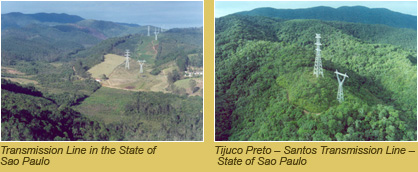
Stakeholder opposition to linear infrastructure projects is very frequently linked to alignment decisions. Thus, thorough alignment studies are a critical success factor. JGP’s approach produces convincing demonstration that all reasonable alternatives were considered and that the preferred one is in effect the one that makes the most appropriate trade-offs.
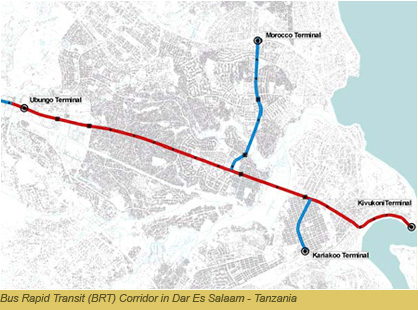
|
|
|
 |

